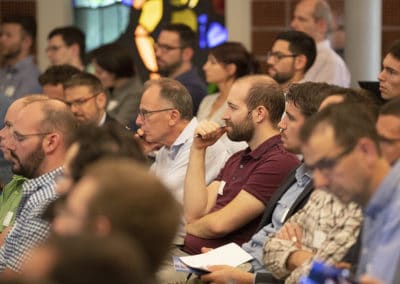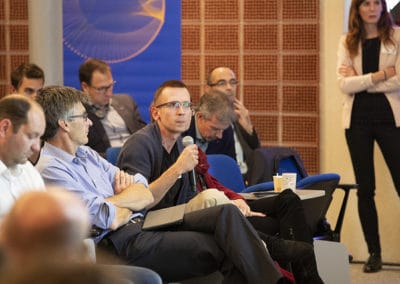The Netherlands: improving the analysis of electricity distribution network data
The 8th edition of the Smart Energy event included an exploration of the Dutch energy landscape. A series of speakers from the Netherlands gave presentations on the latest innovations in that country, where 80% of the energy is produced from natural gas. René Kerkmeester, Corporate Digital Transformation Leader at TenneT, focused on the digitisation of energy in the Netherlands.
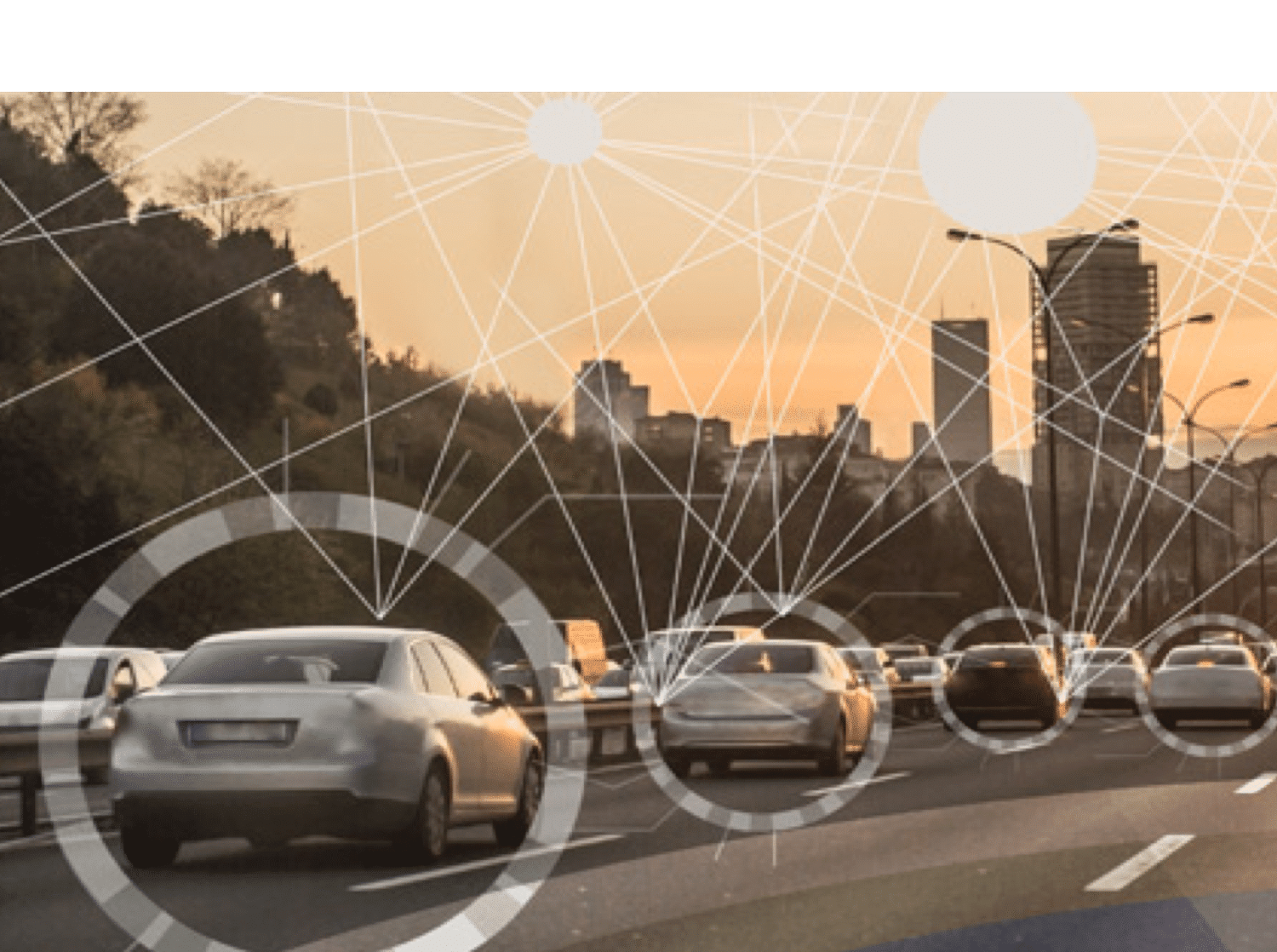
About
Context
The 8th edition of the Smart Energy event included an exploration of the Dutch energy landscape. A series of speakers from the Netherlands gave presentations on the latest innovations in that country, where 80% of the energy is produced from natural gas. René Kerkmeester, Corporate Digital Transformation Leader at TenneT, focused on the digitisation of energy in the Netherlands.
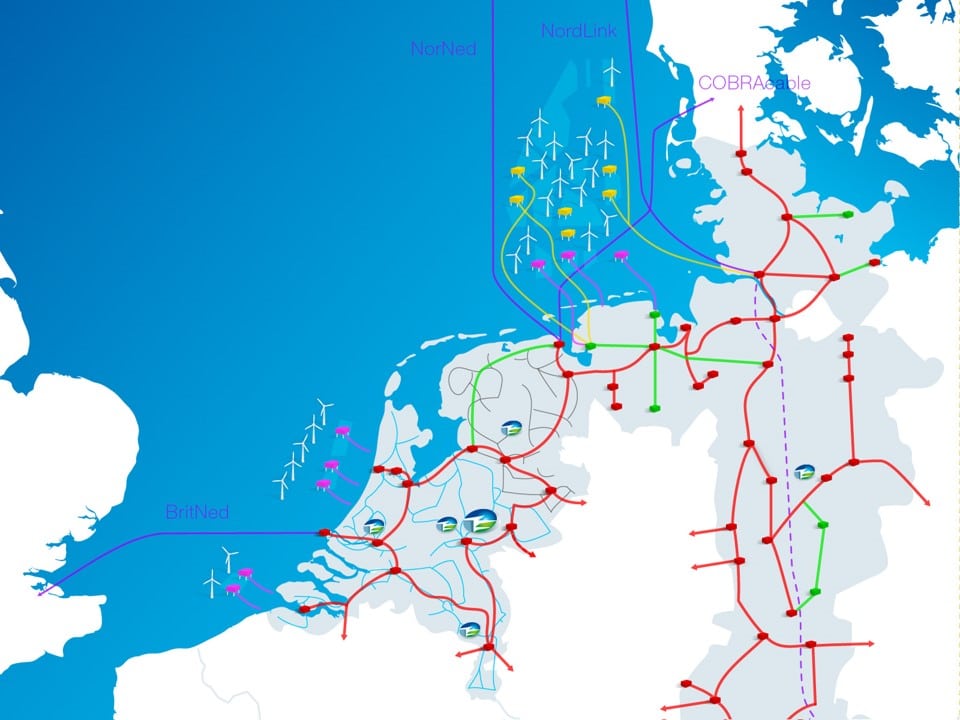
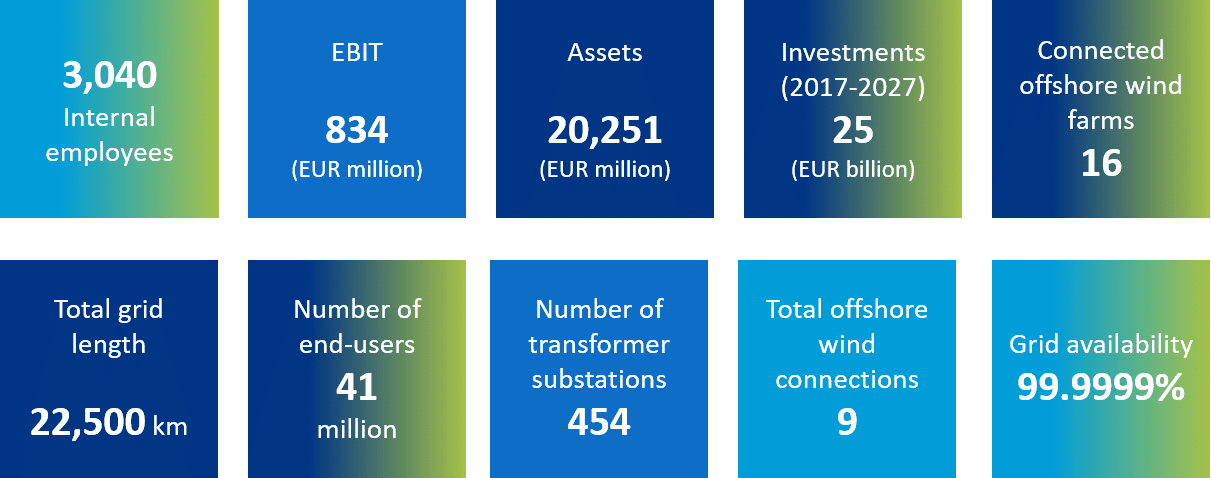
Data collection and transmission
During his presentation, René Kerkmeester outlined the road map for TenneT’s digitisation programme. The first stage is to develop a data platform, so that data is available to the actors who need it. “As far as data is concerned, we have the solutions to drive the change. But the capacity to make this change has to be created,” he said.
In practice, this means setting up data hubs to receive and process all the pieces of information (meter readings, customer details, billing, etc.) and facilitate communication between the different actors (suppliers, distributors, etc.). Customers are the owners of their data and have the authority to communicate that data. Everything is therefore dealt with at customer level, without any intermediary. In the medium term, this will require a change in the law. This type of data hub will be created in the Netherlands in the near future, and will improve data management at national level.
TenneT is currently working on several pilot projects that use blockchain technology to optimise the use of this data.
New data tools
TenneT has developed its own data management platform, the TenneT Data Platform. It collects, stores and aggregates a significant amount of data, and provides extremely rapid data analysis. Any user of the platform can therefore understand this data and use it.
Similarly, the company has created the TenneT Data Lab, which is described as a platform for innovation that is intended to advance the use of (new) sources of data and powerful analytical tools. The Data Lab’s scientists are trying to understand the commercial issues in real-life situations through data analysis, and are creating new algorithms that can make this data usable.
A new way of doing things
There is always some resistance to change, and the new model put forward by TenneT is no exception. This means it has to be “sold internally, so that people participate and are enthusiastic,” explained René Kerkmeester. A real effort has to be made to educate people so that this data will be used. The speaker concluded his presentation on a positive note: “At the moment, organisations are putting up some resistance to these changes, but – gradually – people are going to realise that they have considerable potential.”
Report of the presentation given on 31 August 2018 during the Smart Energy event
More information & PDF presentation on Smart Energy Event website : https://www.eventsmartenergy.ch


